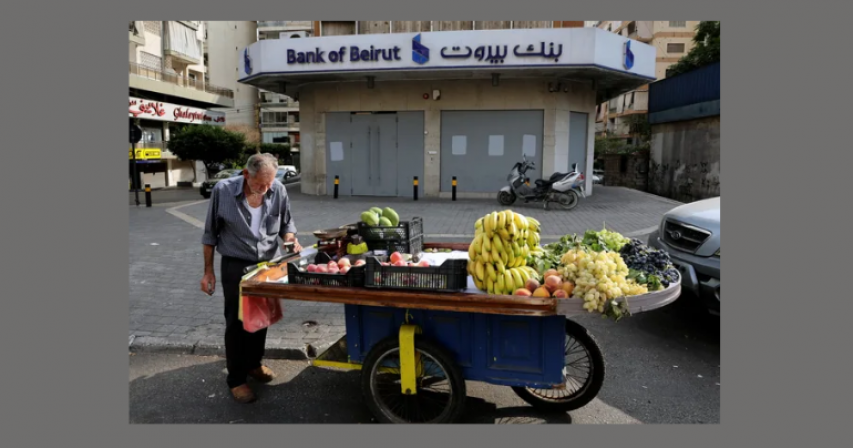The banking blame game stifling Lebanon’s IMF deal

Lebanon finds itself in a dire financial predicament, with the proposed IMF deal languishing due to disagreements over banking sector reforms. At the heart of the impasse is the allocation of $70 billion in losses, an amount dwarfing the country's post-crisis GDP. With no resolution in sight, Lebanon's economic woes continue to deepen.
The long-awaited International Monetary Fund (IMF) deal, which was anticipated to be a beacon of hope for Lebanon's recovery, remains elusive. Despite being agreed upon two years ago, progress has stalled, primarily due to unresolved issues surrounding the restructuring of the banking sector.
Central to the deadlock is the staggering $70 billion deficit plaguing Lebanon's banks. This colossal sum, equivalent to over three times the nation's GDP post-crisis, has become a formidable obstacle in the path to economic stability. The blame game between banks and the government has only exacerbated the situation, further delaying any prospects of a resolution.
The proposed reform law, aimed at redistributing losses among stakeholders, has met with staunch opposition from the banking sector. Under the proposed legislation, private banks would bear the brunt of the losses, potentially leading to the liquidation of some institutions. Deputy Prime Minister Saade Chami, a key advocate of the law, emphasizes the need for accountability, stating that depositors trusted banks with their savings, making them responsible for any mismanagement.
However, critics argue that the proposed law unfairly targets banks, placing undue burden on financial institutions. They point to the government's role in exacerbating the crisis and advocate for a more equitable distribution of losses. The Association of Banks in Lebanon (ABL) suggests that the government should bear the responsibility of reimbursing depositors by leveraging state assets.
Nevertheless, concerns linger over the feasibility of such proposals, with estimates suggesting that even aggressive asset sell-offs would fall short of covering the deficit. Moreover, political interests further complicate matters, as legislators grapple with the prospect of alienating depositors and eroding public trust.
Amidst the impasse, depositors are left in limbo, uncertain about the fate of their savings. While efforts to recover deposits are underway, including gradual withdrawals and potential debt write-offs, the road to financial stability remains fraught with challenges. Deputy Prime Minister Chami acknowledges the urgency of reforms, stressing the need for swift action to mitigate further losses.
As Lebanon teeters on the brink of economic collapse, the stakes have never been higher. The IMF deal, once seen as a lifeline, now hangs in the balance, underscoring the urgent need for consensus and decisive action. Only through concerted efforts and genuine reforms can Lebanon hope to navigate its way out of this protracted crisis and embark on a path to recovery.
By: Sahiba Suri





Comments